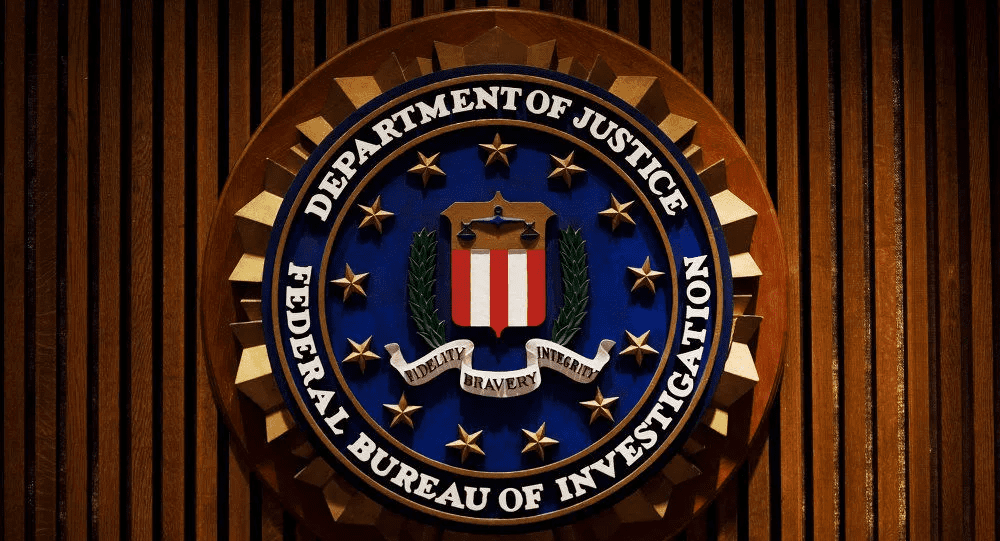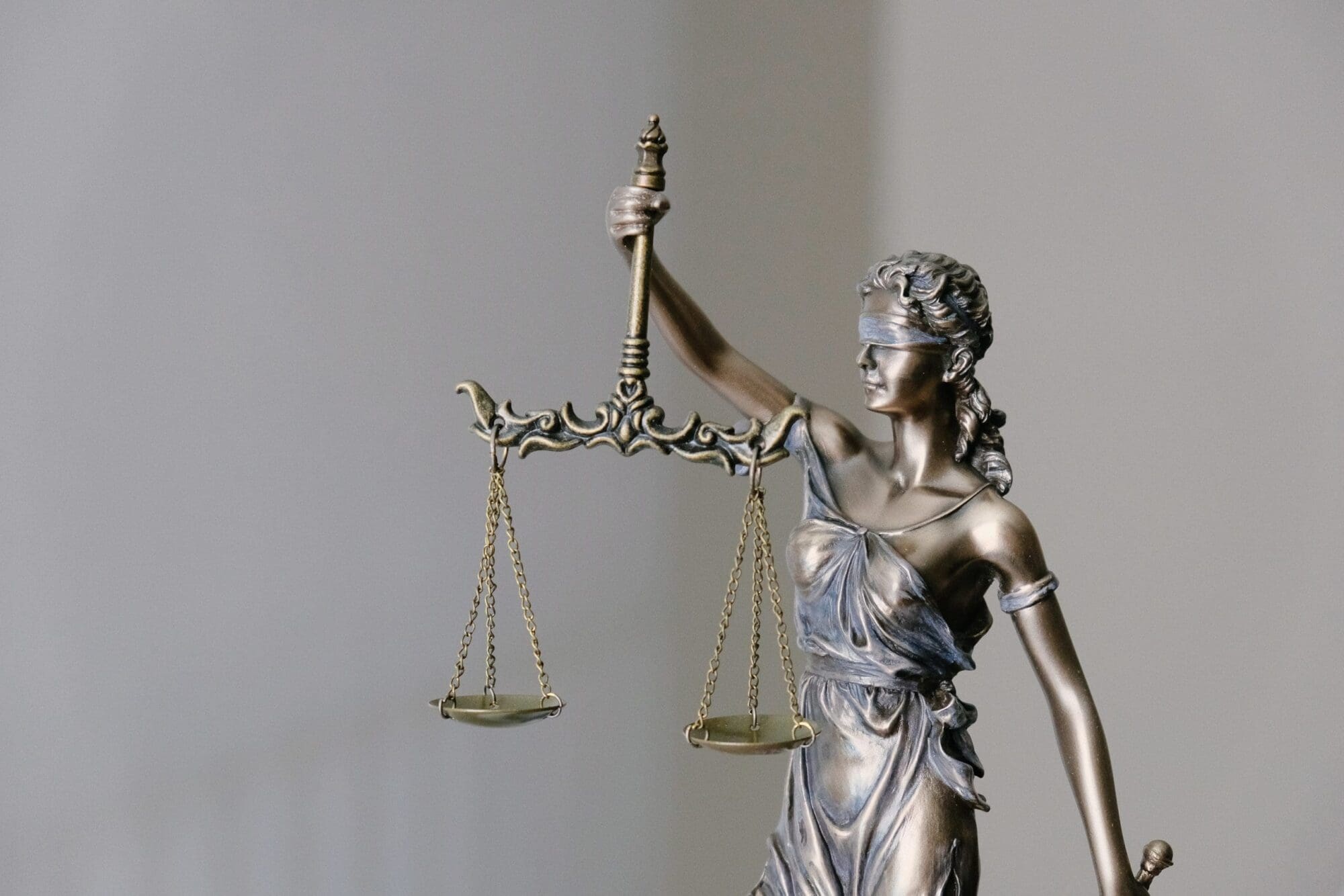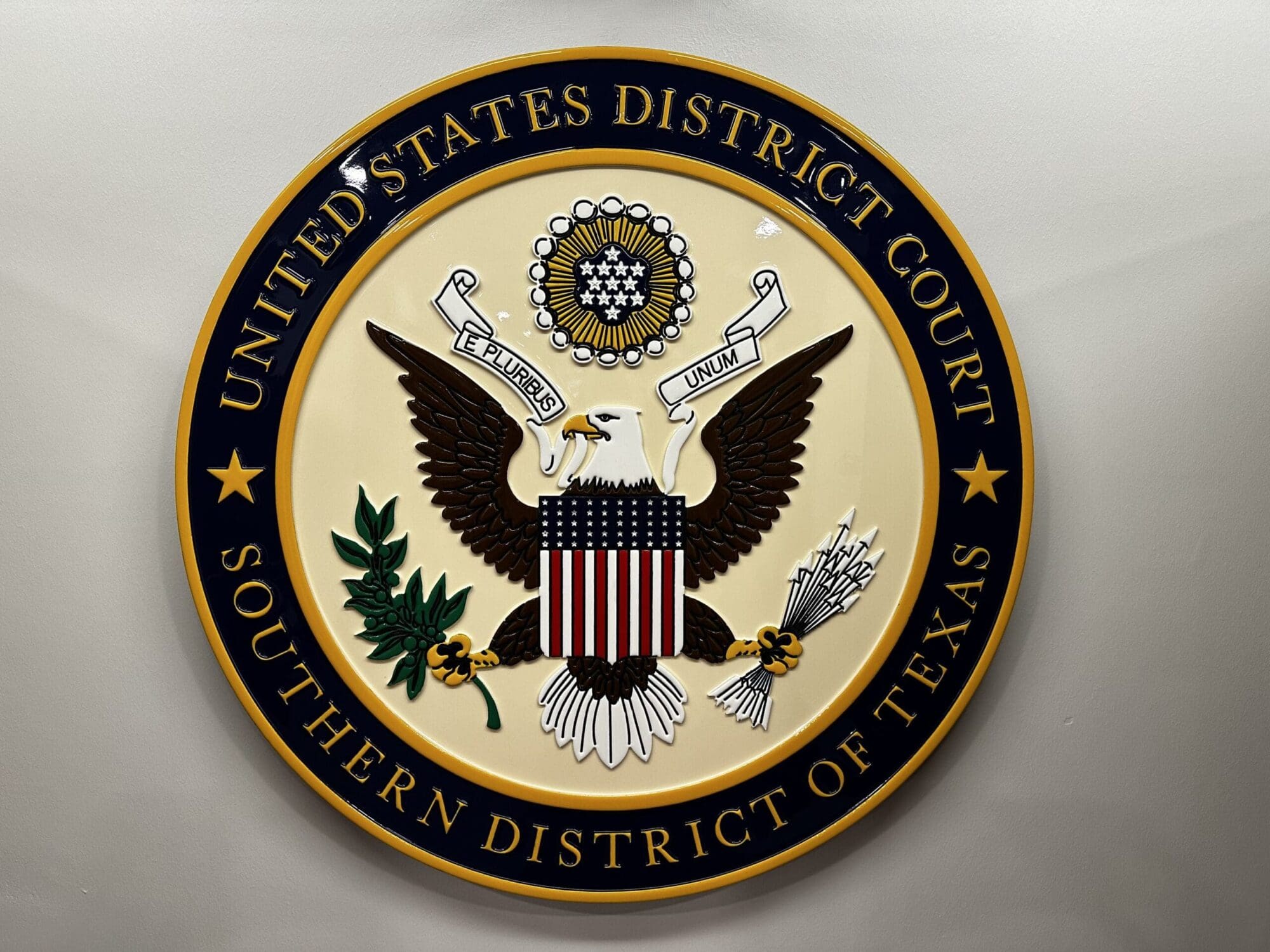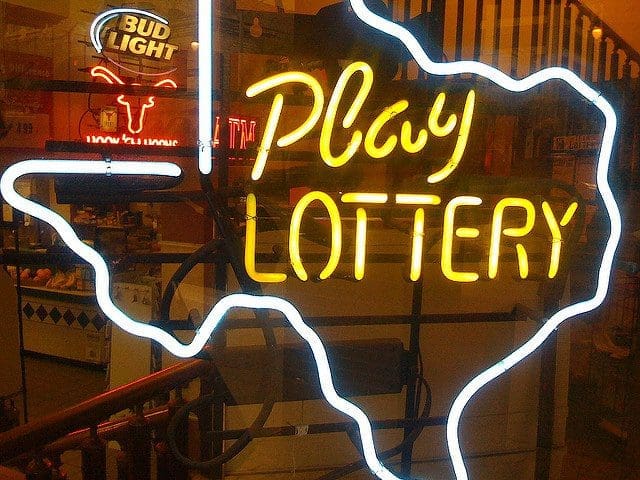The Texas Lottery Commission has referred a high-profile investigation into alleged fraud and criminal activity surrounding the state lottery to the Federal Bureau of Investigation following a detailed complaint and mounting public scrutiny.
The referral, included in a previously undisclosed investigative report, is the latest escalation in a scandal that has rocked the Texas Lottery, implicating former executives and ticket reseller companies and raising questions about the integrity of multi-million dollar jackpots.
In a letter dated February 26, 2025, then-Executive Director Ryan Mindell informed state lawmakers that the agency had completed an initial review of allegations raised in a letter sent to the agency in January.
John Brier submitted a 20-page letter and 32 supporting exhibits detailing years of alleged criminal conduct by principals of Lottery.com—a so-called lottery courier company—and former Lottery Commission Executive Director Gary Grief.
After reviewing the complaint, the commission’s Enforcement Division determined that the seriousness of the allegations warranted referral to federal law enforcement, including the FBI.
This revelation changes the dynamics and the stakes of the previously disclosed, Texas-confined investigations of the agency, its operations, and potentially the people who approved of the lottery’s non-legislated expansionary tactics.
The agency has already taken action against retailers as a result of the massive scandal surrounding lottery play, governor-appointed commissioners, lottery employees, and lottery vendors.
Since the letter was introduced to Texas lawmakers in March, a recently filed lawsuit has confirmed that Grief was recruiting resellers to relocate to Texas. Internal communications have additionally confirmed that Grief and the lottery authorized the sale of certain lottery tickets to international customers.
The report also outlines highly questionable and improbable patterns of wins—including multiple large Powerball prizes claimed by a single individual—that should have raised suspicions of tampering. When previously asked, the Texas Lottery said these wins did not merit investigation.
The FBI’s involvement raises the question of how state elected officials will react.
Gov. Greg Abbott’s office did not respond when asked if it was aware of the TLC’s referral to the FBI.
The scandal, which began bubbling to the surface in the fall of 2024, has triggered a wave of resignations and legislative hearings.
The Texas Lottery’s top executive, Ryan Mindell, recently resigned amid mounting pressure.
This came after lawmakers harshly criticized the commission for allowing resellers to circumvent state laws requiring in-person ticket purchases and for failing to prevent what some senators described as possible money-laundering operations.
In April, the New York Times released video of a private office space equipped solely with lottery terminals printing massive quantities of tickets with QR technology hooked up to IGT terminals. Making matters worse, that video depicted children involved in the printing process.
According to a recently filed lawsuit, the operation was carried out with full knowledge of the top brass at the Texas Lottery Commission, including Gary Grief, Ryan Mindell, and General Counsel Bob Baird.
Texas Scorecard, which has closely followed the controversy, reported that senators pressed the commission on why criminal referrals had not been made sooner and questioned the agency’s willingness to police itself.
State Sen. Bob Hall (R–Edgewood) has introduced legislation to abolish the Texas Lottery, which is pending in the Senate.
At this point, it can’t be ruled out that the agency was acting in accordance with the guidance it was given. With the FBI now formally involved, the investigation may provide answers to this and other questions.
The FBI declined to comment on any referral.
No ads. No paywalls. No government grants. No corporate masters.
Just real news for real Texans.
Support Texas Scorecard to keep it that way!





